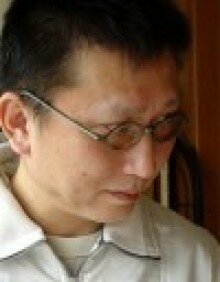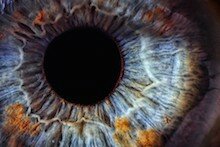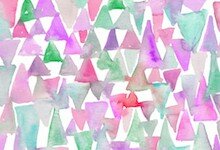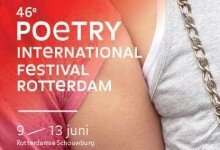
Born in Sichuan province in 1956, Bai Hua seems to have decided from an early age to pursue a writing life. After completing an English degree at the Guangzhou Foreign Languages Institute, he went on to study an MA in Western Literary Trends at Sichuan University.
He comes across as a highly serious writer, steeped in the classical Chinese tradition, but keen to apply its lessons to the contemporary world. The short poem ‘Reality’ seems to express his view of writing poetry as a painstaking harvesting of the real.
This is gentleness, not the rhetoric of gentleness
This is tedium, the sheer fact of tedium
Ah! Prospects, readings, about-faces
All of these things are slow . . .
The slowness inherent in the composition also influences the reading of such poems. One begins, is stumped by an image or a reference, continues, begins to get a sense of where the poem is headed, is stumped again, and returns to the beginning in search of fresh clues. Clearly, Bai Hua doesn’t want us to read him too quickly, and he doesn’t allow his poems to settle into readily decipherable patterns.
The exception is his more political work. Poems such as ‘Hate’, ‘Heaven Watches On’ and ‘Wheat: In Memory of Haizi’ are sharply focused on some of the political realities of contemporary China and try bravely, if bluntly, to confront orthodoxy with an alternative picture of recent historical events. As a result of comments Bai Hua made during the events of 1989, it has been difficult for him to get his work published in China.
You can probably hear the screaming in these translations: I had to drag them kicking and screaming into English, fighting every inch of the way with, and against, their cultural and poetic resistance. Like his allusive ‘Cloud Diviner’, Bai Hua uses the poetic culture of China to scale the heights, to create a vantage point from which to see the gold, geometry and palaces that materialise in the mists of language.
Bibliography
Biaoda (Expressions), Guilin, Lijiang chubanshe, 1988







